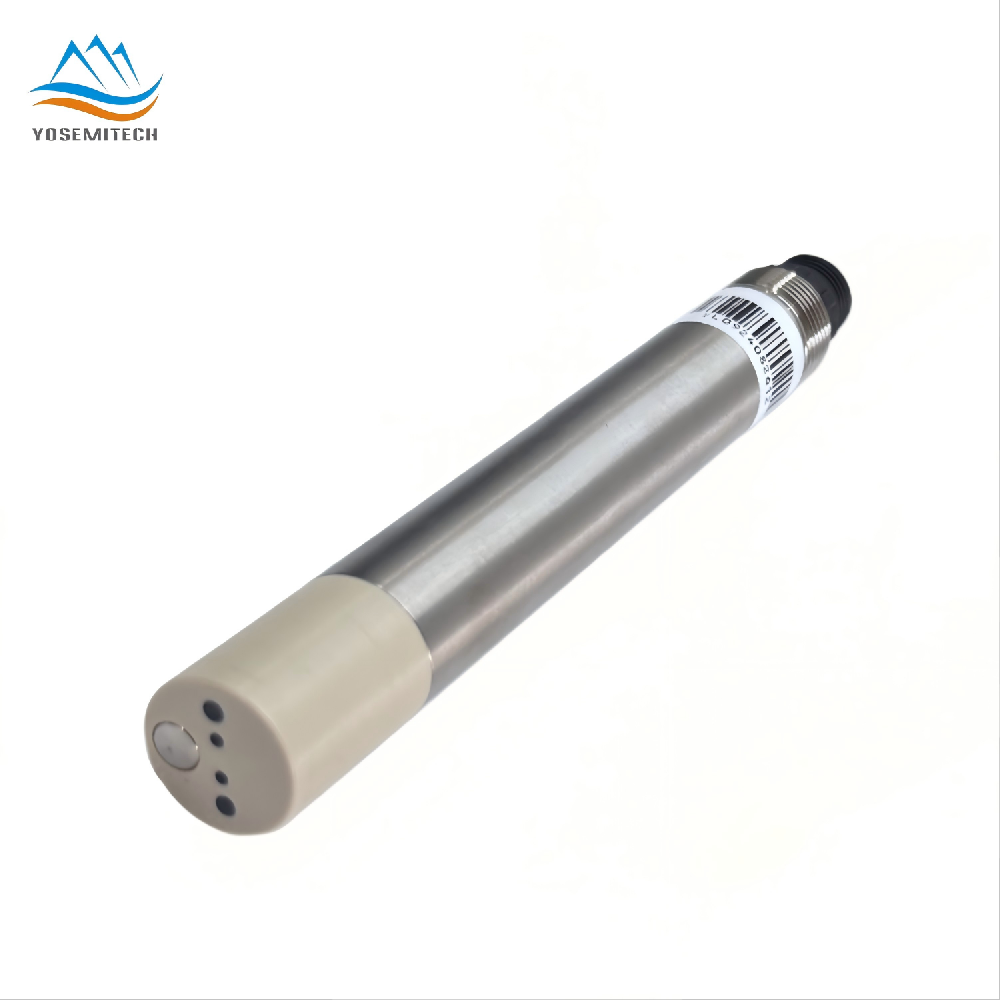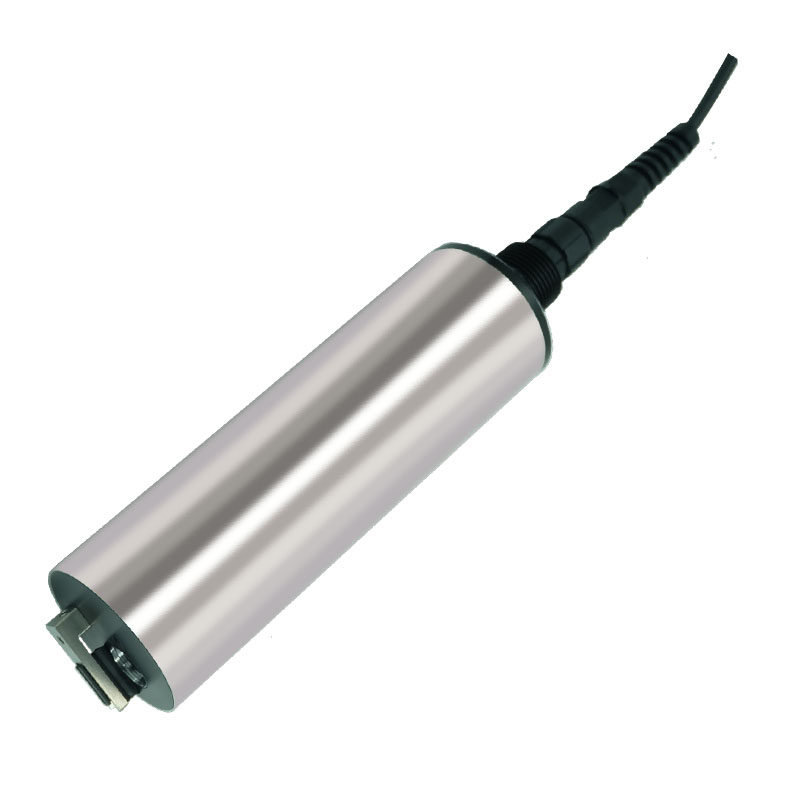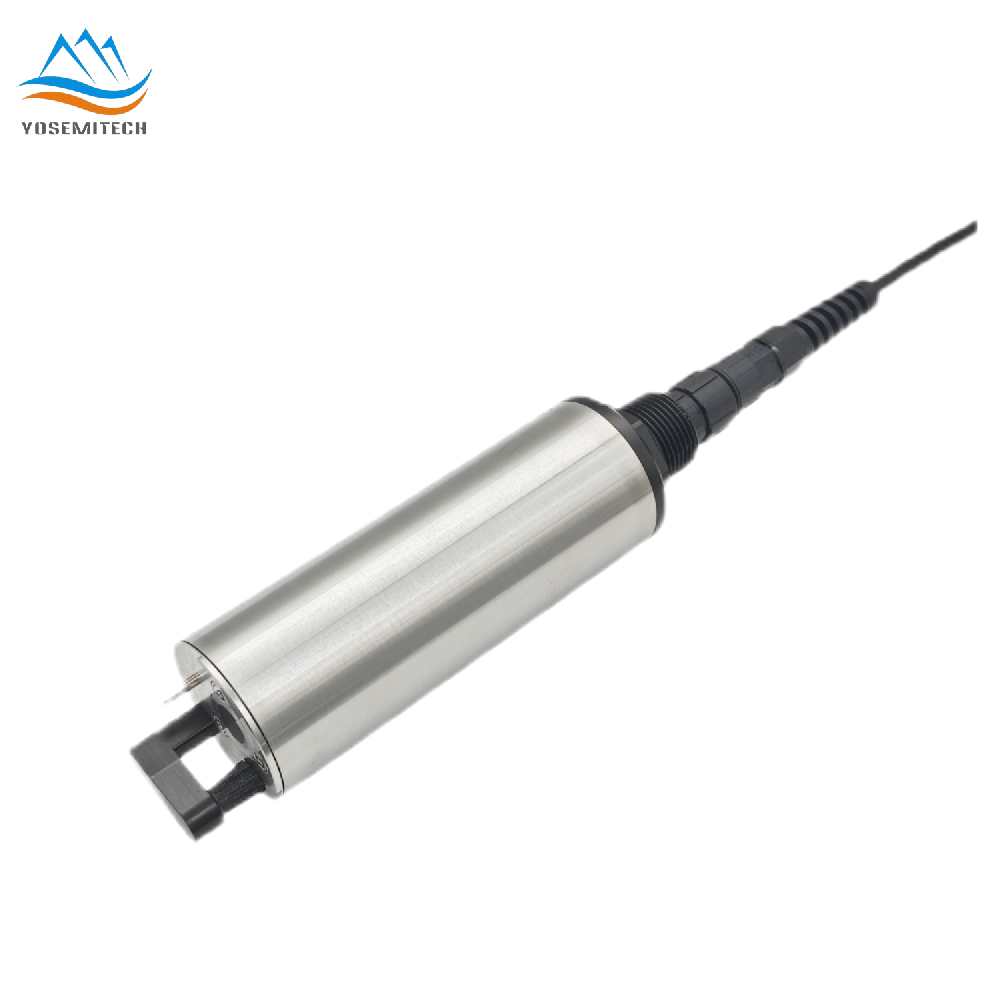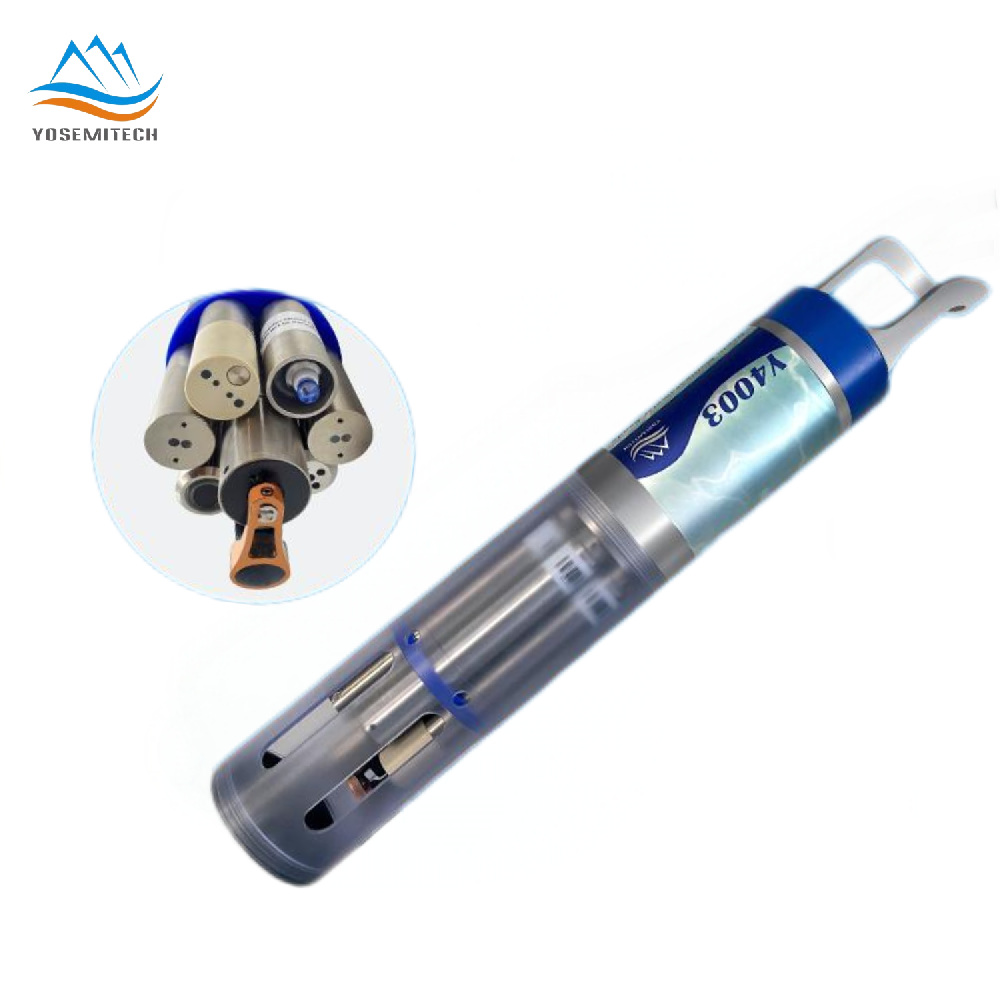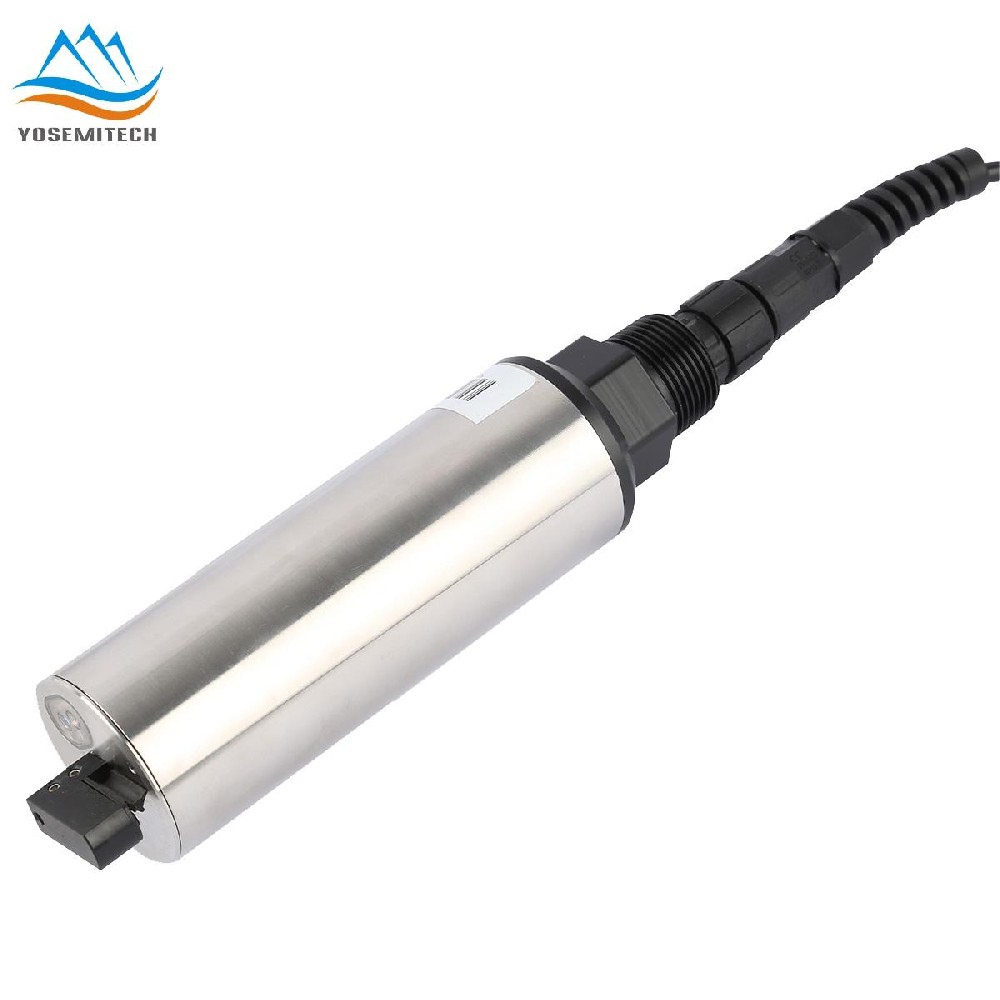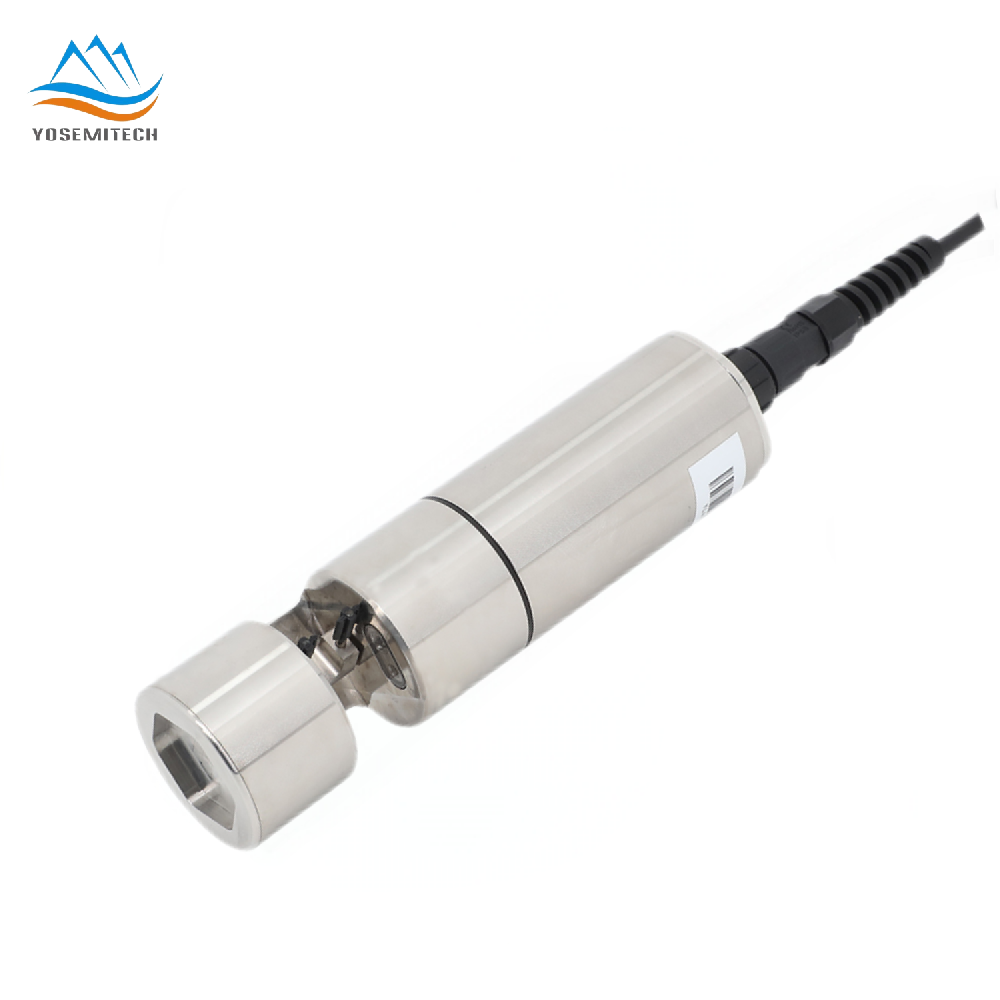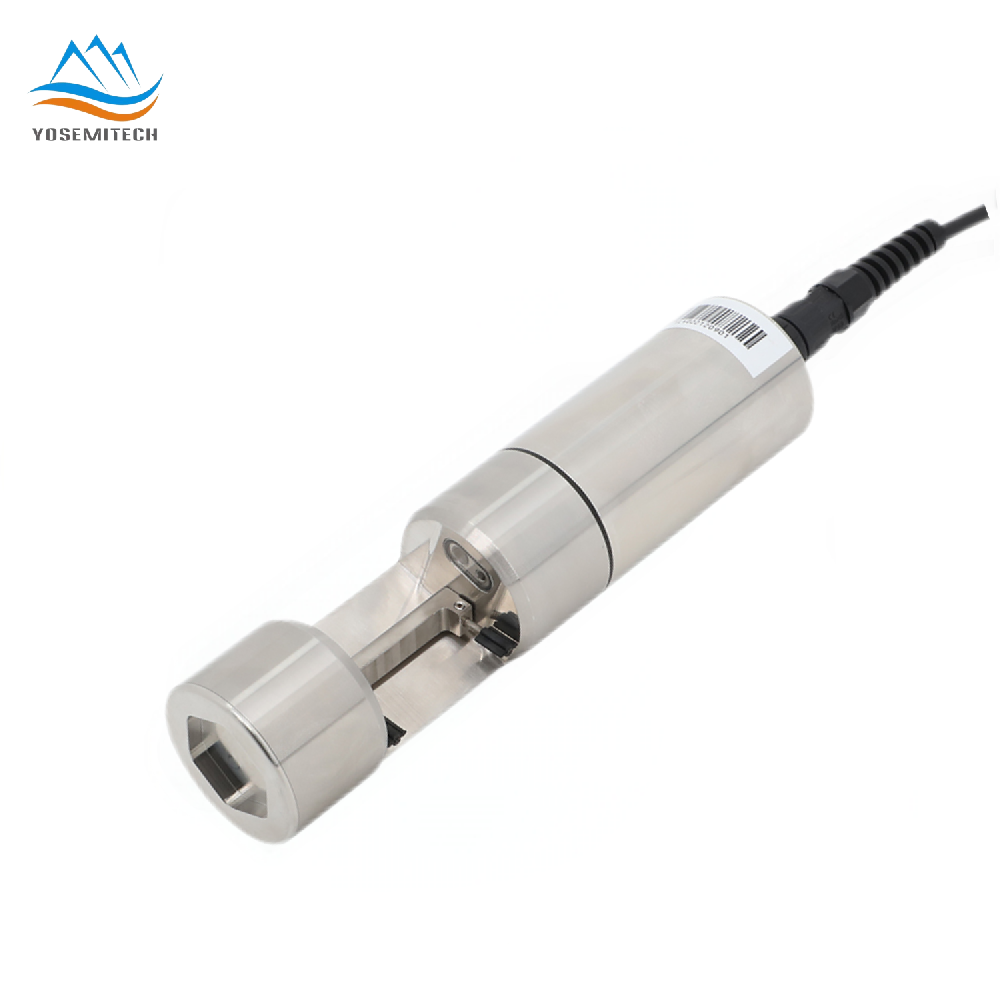Industry news
Difference Between Purified Water and Distilled Water
Writer: admin Time:2024-07-17 13:29:23 Browse:1118℃
1. What is Purified Water?
1.1 Benefits of Drinking Purified Water
1.2 Disadvantages of Purified Water
2. What is Distilled Water?
2.1 Benefits of Drinking Distilled Water
3. Difference Between Purified Water and Distilled Water
4. Purified and Distilled Water Applications
5. Conclusion
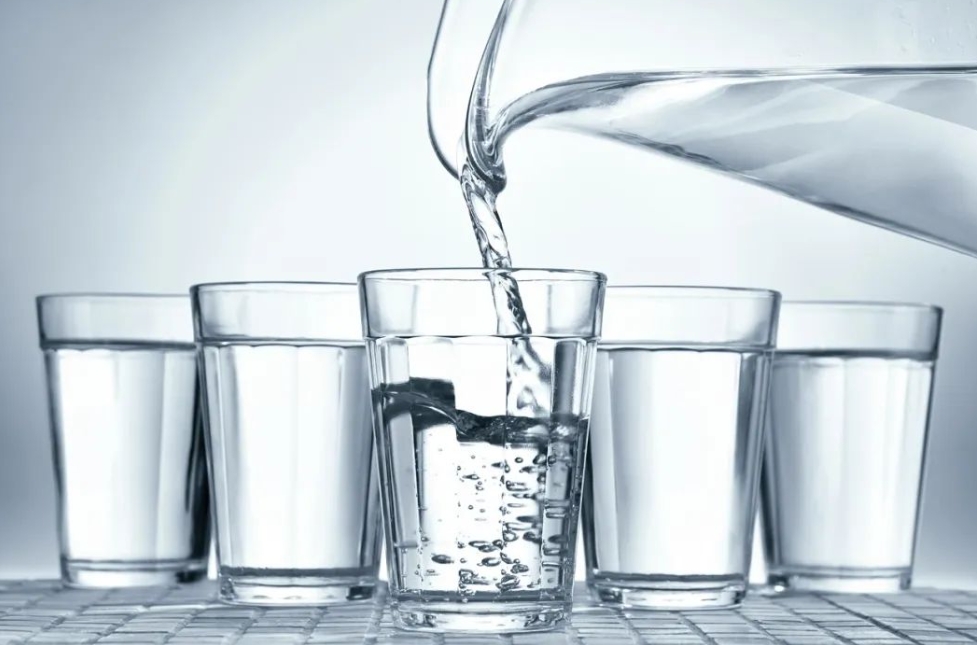
Water is commonly known as the origin of everything because of its crucial importance in sustaining life and ecosystems. It plays a vital role in supporting all and is integral to numerous biological and environmental functions. Occupying approximately 71% of the Earth's surface, water is essential for various purposes such as drinking, hygiene, farming, industry, and leisure activities. Hence, the quality of water is of utmost importance in all aspects of life.
There are a variety of different types of water, which include:
Purified water
Mineral water
Distilled water
Spring water
Understanding the distinctions between different types of water can help identify the best option for your specific needs or intended application. This article explains the difference between distilled water and purified water.
1. What is Purified Water?
Purified water, as the name suggests, is clean and free from impurities. It is free from additives and meets national drinking water hygiene standards, making it safe for direct consumption. Typically, the water source undergoes multiple purification processes to eliminate impurities, minerals, and harmful substances such as bacteria, viruses, and heavy metals.
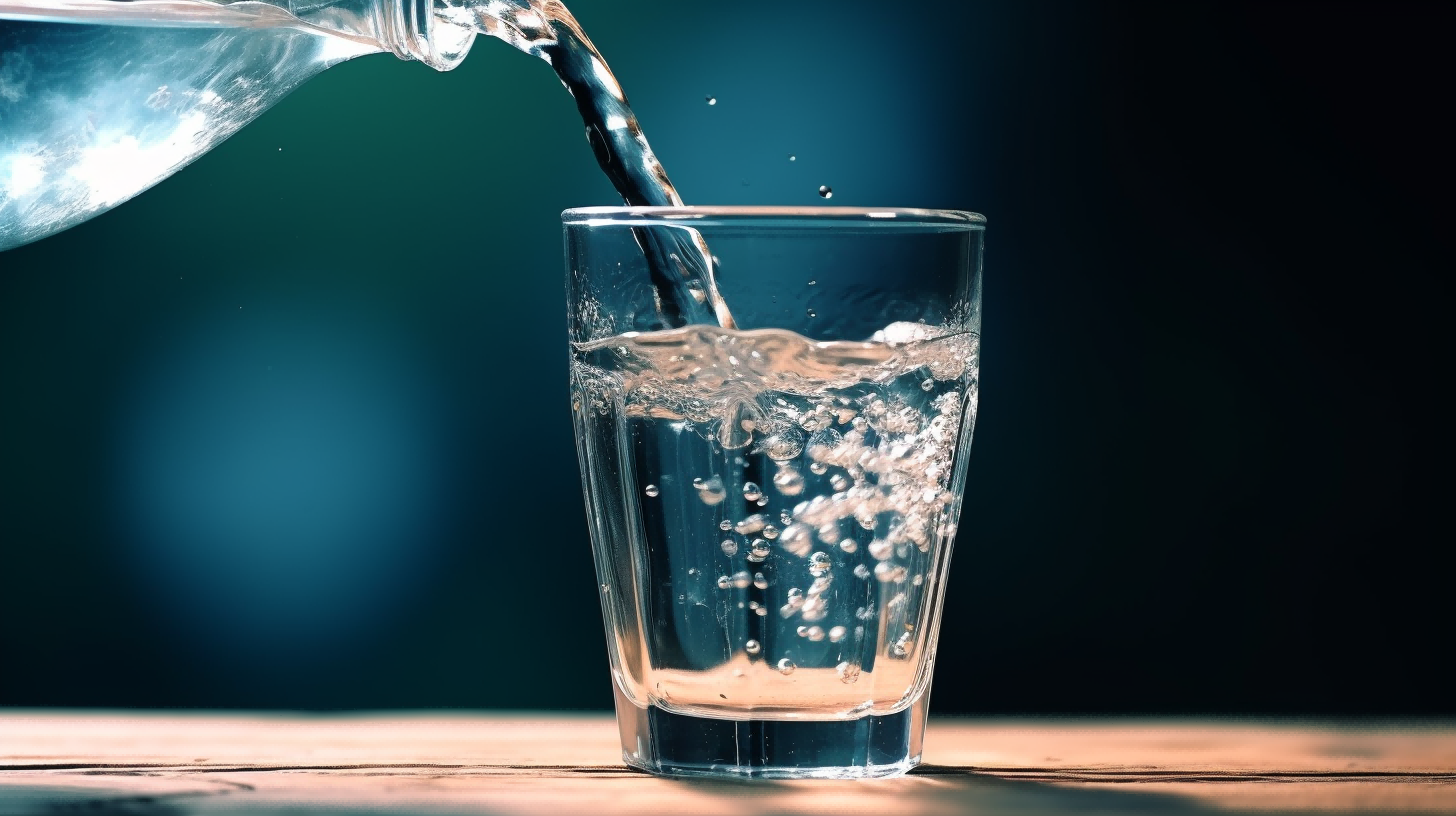
1.1 Advantages of Drinking Purified Water
Purified water is often considered the healthiest type of water due to its many notable health benefits. While standard tap water is generally safe to drink, it may still contain trace amounts of contaminants, making purified water a recommended choice.
Healthier Body: Purified water is free from harmful contaminants such as bacteria, viruses, heavy metals, and chemicals, which can lead to various health issues. By consuming purified water, you reduce the risk of waterborne diseases and exposure to toxic substances.
Improved Digestion: Drinking enough purified water can aid in digestion by helping to break down food and absorb nutrients. It also prevents constipation by keeping the digestive tract moving.
Reduced Risk of Kidney Stones: Adequate water intake, especially of purified water that is low in minerals like calcium, can help prevent the formation of kidney stones by diluting the substances that form them.
Support for Immune System: Proper hydration is important for the transportation of nutrients, oxygen, and waste products in the body, which supports a healthy immune system.
Dental Health: Purified water without added sugars or acids can help maintain oral hygiene by washing away food particles and preventing tooth decay.
1.2 Disadvantages of Purified Water
Missing minerals and trace elements: Drinking only purified water for an extended period of time can lead to a missed opportunity to absorb essential minerals and trace elements found in natural water sources. While our daily diet can provide some of these nutrients, minerals and trace elements in water are in an ionized form, making them easier for the body to absorb and utilize. Additionally, some minerals cannot be produced by the body and are challenging to obtain in sufficient quantities from food alone. Therefore, relying solely on purified water as the primary source of drinking water for an extended period may result in a nutritional imbalance in the body.
Disrupting acid-base balance: Purified water is typically slightly acidic, and prolonged consumption may disturb the acid-base balance in the human body. Maintaining the acid-base balance is crucial for normal physiological functions. Imbalance in this aspect may lead to an increased risk of various diseases.
2. What is Distilled Water?
Distilled water is water that has been purified by a process of distillation, which involves boiling the water and then condensing the steam into a clean container. This process removes impurities and minerals from the water, resulting in a purer form of water. Distilled water is often used in medical, laboratory, and industrial settings where pure water is necessary for various applications.
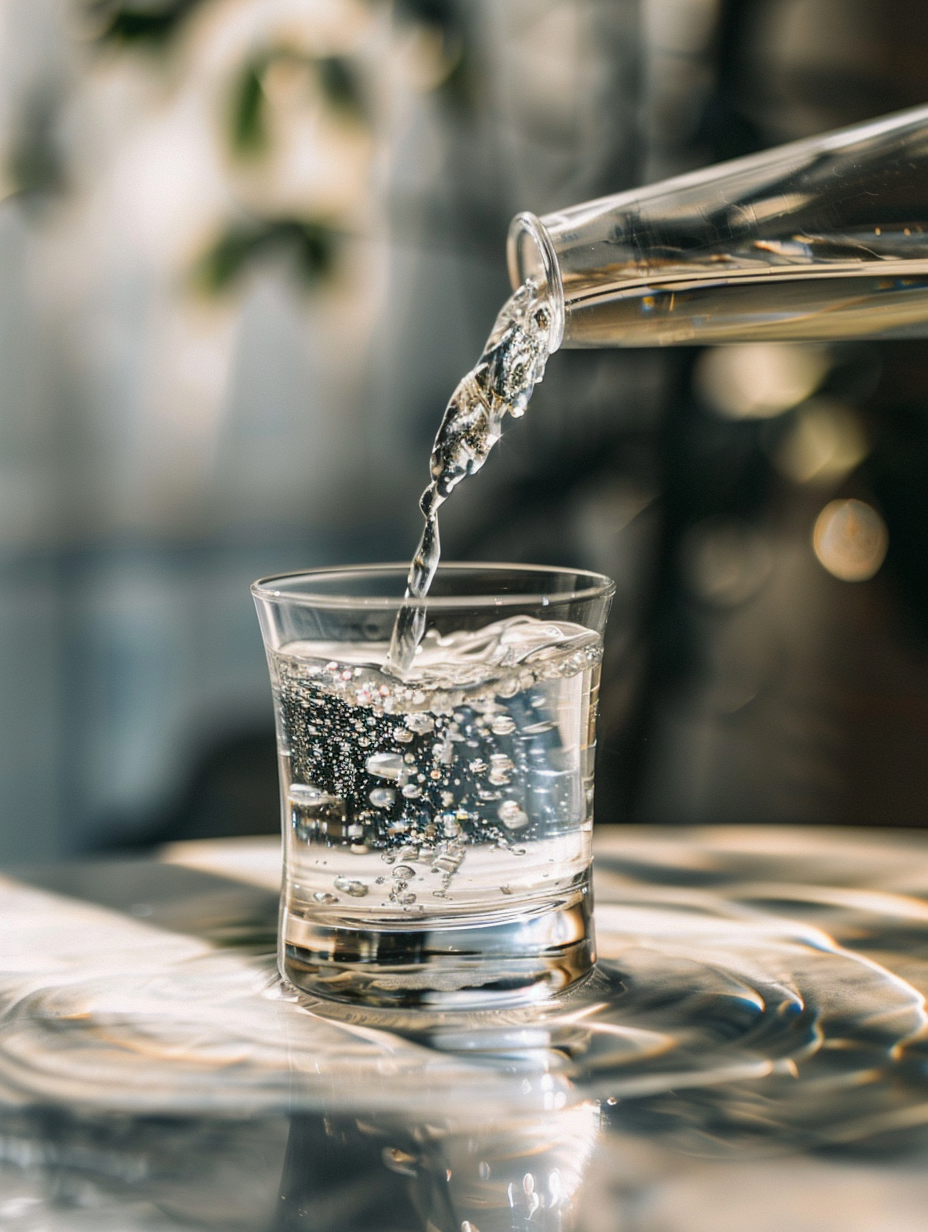
2.1 Benefits and Considerations of Drinking Distilled Water
Purity: Distilled water is free from contaminants such as bacteria, viruses, heavy metals, and chemicals that can be harmful to health. This purity ensures that the water you consume is as clean as possible.
Taste: Without impurities, distilled water can taste clean and refreshing, which may encourage people to drink more water. However, some individuals might find it less appealing due to the absence of minerals that add flavor.
Hydration: Distilled water is an excellent source of hydration, which is essential for maintaining the body's fluid balance and supporting overall health. Yet, it's important to recognize that it lacks naturally-occurring minerals found in other types of water, potentially impacting nutrient intake.
Cooking: Using distilled water for cooking can prevent the transfer of impurities to food, which is particularly beneficial for making clear broths or when the purity of the water can affect the taste of the dish. This can elevate the quality of your culinary creations.
Health Benefits: For individuals with certain health conditions, such as kidney disease or those who need to be on a low-mineral diet, distilled water can be beneficial as it is low in dissolved minerals. However, it's worth noting that for others, this low mineral content could increase the risk of nutrient deficiencies.
Dental Considerations: While distilled water is devoid of minerals, there is a concern that it might cause minerals in your teeth to leach into the water, potentially affecting dental health. This is a consideration that should not be overlooked.
Versatility: Distilled water is not only good for drinking but also for a variety of household uses, such as in irons, humidifiers, and for cleaning purposes. Its versatility makes it a practical choice for various applications.
3. Main Difference Between Purified Water and Distilled Water
The main difference between purified water and distilled water lies in the process used to clean the water and the level of purity achieved.
Purified water is water that has been treated to remove contaminants and impurities. The purification process can involve various methods such as filtration, reverse osmosis, ultraviolet disinfection, and carbon absorption. These methods target specific contaminants and can leave behind certain minerals. Purified water is often used for drinking and everyday household purposes.
Distilled water, on the other hand, is water that has been boiled into vapor and then condensed back into a liquid in a separate container. This process of distillation removes not only contaminants but also minerals, resulting in water that is demineralized and highly pure. Distilled water is often used in medical, laboratory, and industrial applications where high purity is required.
video from @allaboutwaterfilters2087
If you want to test the quality of the water to make sure that it’s purified, several Yosemitech sensors can help you measure water quality. For instance, the Yosemitech Y521-A Conductivity Sensor can help you determine how many impurities and contaminants are in your drinking water. You can also detect the pH of the water with the Yosemitech Y532-A Digital pH sensor to make sure that the levels are correct after you have purified the water. Readings between 6.5-8.5 indicate pure water.
4. Purified and Distilled Water Applications
Purified Water Applications:
Drinking water: Purified water is often used as drinking water because it is free from harmful contaminants and may retain essential minerals.
Cooking: It is suitable for cooking as it does not transfer impurities to food and can improve the taste of certain dishes.
Household cleaning: Purified water can be used for cleaning as it is free from contaminants that might otherwise leave streaks or residue.
Aquariums: It is often used in aquariums to provide a clean and safe environment for fish and other aquatic life.
Personal care products: Purified water is used in the production of some personal care items like shampoos and contact lens solutions.
Distilled Water Applications:
Medical use: Distilled water is used in medical settings for procedures that require sterile water, such as cleaning wounds or medical equipment.
Laboratory experiments: It is preferred in laboratories for experiments that require water without impurities or minerals that could interfere with chemical reactions.
Car batteries: Distilled water is used to top up car batteries because it does not contain minerals that could damage the battery cells.
Steam irons and humidifiers: It is often used in these appliances to prevent mineral buildup that can occur with tap water.
Industrial processes: Distilled water is used in various industrial applications where high purity is necessary, such as in the production of electronic components or pharmaceuticals.
Both purified and distilled water have their specific uses based on the level of purity and the presence or absence of minerals.
5. Conclusion
When choosing between purified and distilled water, understanding their distinct qualities can guide your decision. Purified water often stands out for daily consumption due to its ability to retain essential minerals that contribute to overall health, such as calcium and magnesium. These minerals are beneficial for maintaining a healthy diet and supporting bodily functions.
Conversely, distilled water is renowned for its high level of purity, achieved by removing all impurities, including minerals. While this makes it excellent for specific applications that demand extreme cleanliness, such as in laboratory settings, it may not be the best choice for regular hydration. The lack of minerals in distilled water can potentially lead to nutrient deficiencies and even affect dental health by causing minerals from teeth to leach into the water.
Purified water, with its varying degrees of mineral content depending on the source and purification process, offers a balanced solution for those looking to maintain optimal health. By retaining beneficial minerals, purified water provides a health-conscious choice for everyday consumption.
In conclusion, the choice between purified and distilled water depends on individual needs and preferences. Purified water is suitable for most daily consumption, providing health benefits while retaining essential minerals. On the other hand, distilled water, known for its unparalleled purity, is excellent for specific applications that require the highest level of cleanliness.
If you want to learn more about all of the water measurement sensors that we offer at YOSEMITECH, contact us right now!
FAQs:
1. Purified Water VS Distilled Water: Which is Better?
Purified water undergoes multiple filtration processes to remove contaminants, whereas distilled water goes through distillation to achieve high purity. The choice depends on specific needs; purified water is generally sufficient for drinking, while distilled water is ideal for laboratory or medical use.
2. What Difference Between Distilled Water And Spring Water?
Distilled water is created through boiling and condensation, removing all impurities and minerals. Spring water comes from natural springs and retains naturally occurring minerals, making it a preferred choice for those seeking mineral-rich hydration.
3. What Difference Between Purified Water And Spring Water?
Purified water has undergone filtration methods like reverse osmosis or carbon filtering to remove contaminants. In contrast, spring water is sourced directly from natural springs and contains essential minerals but may not be as rigorously filtered as purified water.
4. Is It Safe To Drink Distilled Water Daily?
Yes, it's safe to drink distilled water daily; however, it lacks the minerals found in other types of drinking water, which some people prefer for taste and nutritional benefits.
5. How is Purified Water Made?
To generate water that is devoid of contaminants and appropriate for drinking, a multi-stage filtration procedure is employed. The following is an overview of the vital steps
The first step in the procedure is carbon filtration, which removes chlorine and various natural materials that might affect the preference and odor of water.
Microfiltration: Next, microfiltration is utilized to eliminate tiny fragments and any continuing to be contaminations suspended in the water.
Reverse Osmosis is a process that presses water via a special kind of filter to remove liquified particles, causing much cleaner water.
Deionization: To further enhance pureness, deionization is used, removing ions and mineral salts from the water.
Ultraviolet Light Therapy: Ultraviolet (UV) light is then employed to destroy any type of microorganisms, infections, or microorganisms that might still be present.
Ozonation: Ozone gas is presented to the water, ensuring it is free from bacteria and enhancing its shelf-life with exceptional sanitation.
Ultra-Fine Filtration: The water is then treated to an extremely exact filtration process that targets and eliminates also the smallest contaminations that may have evaded capture in previous phases.
Storage in Stainless Steel Tanks: The cleansed water is saved in stainless steel tanks to stop any type of contamination and preserve purity.
Last UV Therapy: An additional UV light therapy is performed to make sure no microbes survived the earlier steps.
Last Sprucing Up Phase: In the last phase of the procedure, the water undergoes an added round of carbon filtering, improving its flavor and eliminating any kind of remaining pollutants.
This meticulous multi-step procedure makes sure that the water is extremely clean and secure for drinking and various other usages.
CATEGORIES
CONTACT US
Yosemitech Technologies Co., Ltd
 +86 19984844080
+86 19984844080
 sales@yosemitech.com
sales@yosemitech.com
 Bldg,25,CECEP Industrial Park, No. 18 Dongchang Rd. Suzhou Industrial Park, Jiangsu Province,China 215126, China
Bldg,25,CECEP Industrial Park, No. 18 Dongchang Rd. Suzhou Industrial Park, Jiangsu Province,China 215126, China
